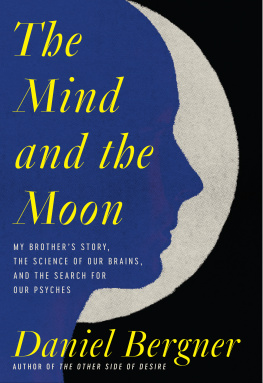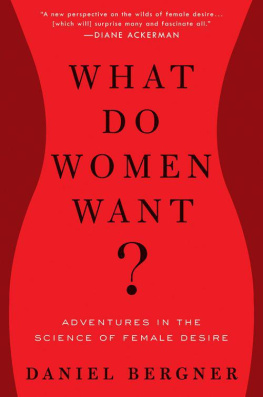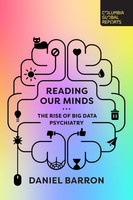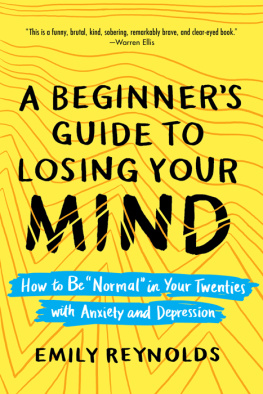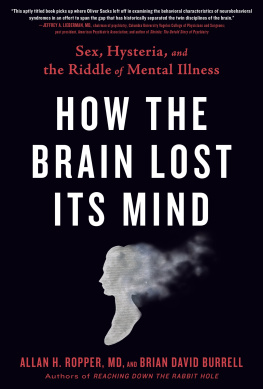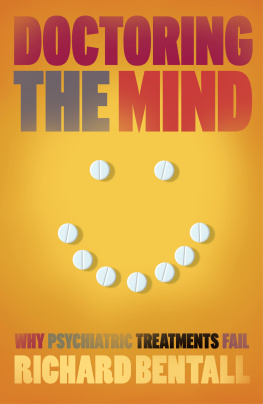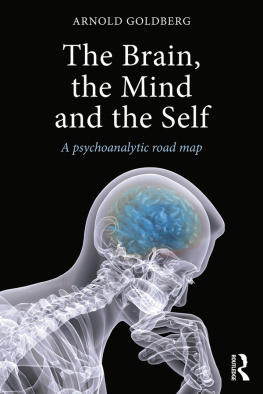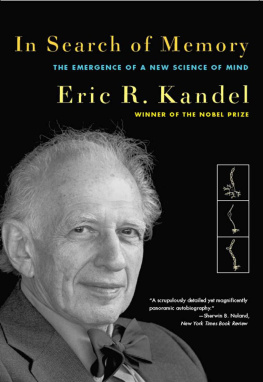B efore he was put on a locked ward, my brother danced on ferry decks. The ferries ran from Seattle to the islands of Puget Sound. This was back then; Seattle wasnt yet Seattle. The boats were battered and sparsely used, and one day my brother, riding across the sound, wearing a khaki Army jumpsuit and little black dance shoes, was infused by the cadence of the water striking the hull and by the engines varied, rhythmic vibrations rising up from the bowels and traveling along the deck where he stood.
The jumpsuit buttoned up the front. Hed bought it at an Army-Navy store downtown, because he wanted a garment that would unify rather than divide his body. The dance shoes had a more basic explanation. In addition to playing the piano with promise, he had, at around the age of twenty-one, ambitions as a dancer and choreographer. How I envied those shoes! Streamlined, nimble, supple as slippers but with minimalist laces, sharply pointed, scuffed yet still a rich black, they were beautiful and full of artistic attitude.
The impact of the rough water against the bow created a steady, emphatic beat, and above that the engine delivered not only a churning rhythm but something bordering on a melody, deep and ancient, like a Gregorian chant. It was a small part of my brothers gift that he both heard, at swelling intensity, this music of water and machinery and allowed himself to be inspired and electrified by it. His body responded with a physical, visceral version of a childs wonder as she holds a conch shell to her ear and listens to its elemental communications for the first time.
He stood on the lowest deck, near the front of the cars and the slung chains, as the boats combination of Gregorian choir and pounding drum surged through him. He lifted one foot to knee height, then leapt high off the other and landed on the first foot, so that there was a simultaneous vaulting and transferring of weight, followed by a reversal and more repetition back and forth, melded with the strivings of his torso and arms, amounting to movements at once airborne and sinuous. To the few passengers who watched from their cars, his mix of military jumpsuit and elfin shoes may have looked odd, compounding the oddity of his dancing, but all of this strangeness was countered by the broad solidity of his body and by his resistance to the sporadic lurching of the boat, which should have pitched him off balance and made him grab at the chain poles or brace himself against a car, but never did. He hung in the air, stomped his heels on the steel deck, sprang from side to side, spun, and elevated again, athletic, animalistic, ethereal, impelled by the pulse of the water and the echoes of medieval worship.
And soon he was on a psychiatric ward, with a heavy dose of Haldol seeping into his brain.
This is his book. And it is the story of a few of the many who, over the past several years, his story sent me out to find.
C aroline was living in a group home when her picture went up on billboards around Asheville, North Carolina. She floated above the Bojangles Restaurant on Merrimon Avenue. She hovered over Tunnel Road and above the freeway running out of the city toward Hendersonville. In the giant picture, she crouched, poised for a rush of speed. Her jammer helmet sat low over her dark eyes. Asheville is a small city near the Tennessee border, but its the heart of a metropolitan area with half a million people, so a great many drivers passed beneath her image.
It was strange for her to consider, this abrupt bit of fame. But suddenly she was a star on the citys flat-track roller derby team, and in the packed Civic Center mothers leaned at the rail with programs for her to autograph and gratitude to proclaim. They said they wanted their daughters to be just like her. They seemed to perceive, in her pint-sized being, an outsized strength. This made everything all the more bewildering, because she, who was scribbling her name across her photo in the programs, who was glancing up at the billboards from the bicycle that got her from here to there, or looking up from the back of the group home van that took the residents to the appointments and volunteer jobs that were supposed to scaffold their lives, or later gazing up from the old sedan her uncle gave her, was perpetually hearing voices, hearing people who werent in her car or in the group home, werent standing in front of her or looming behind her shoulder, who didnt exist, not in the way most people define existence, but who were perfectly real to her, yelling, whispering, wailing, warning, commanding, beseeching, berating, and, not infrequently, instructing her to kill herself. She was in her late twenties. Abilify, Risperdal, Depakote, lithium, Seroquel. The staff at the group home believed she was still taking her medications.
She had grown up in Zionsville, outside Indianapolis. There, before school, she had breakfast in a bright kitchen whose wallpaper was harvest gold. The linoleum tiles had a cobblestone motif. A bowl of oatmeal was set out for her on the round table by the broad window. Beside the white bowl was a sun-speared glass of water and a white saucer with an array of pills. Oblong, jumbo, and pink; orange and petite; half yellow and half greenthe shape, size, and color of the pills varied over the years, but there was always a combination on the saucer, never just one, not by the time she was in middle school. As a middle schooler, she didnt yet have a clear knowledge of their separate purposes. They would help, she was told, and had been told since she was eight or nine.
Earlier, back when she was in daycare, one of the daycare ladies had remarked on the beautiful weather. Doreen, she said to her co-worker, there isnt a cloud in the sky today, not a single cloud. Caroline was sitting next to a Big Bird Big Wheel. A voice told her that there were, in fact, clouds in the sky at that moment. Those ladies, he said vehemently, are liars.
At home, she started to play Sorry with this voice, moving his pieces. During elementary school, he warned that her father was at risk of dying, her uncle as well, that her entire family and people beyond, Zionsville in general, were in unspecified peril. This danger was tied up with the Gulf War, with the TV news images of night-time bombing that followed her to bed: fighter planes, flashes in the sky, explosions on the ground, luminous and all-consuming. The voice never clarified the link between the war and the imminent family threat, but he communicated, constantly, the danger and a need to interveneintervention he could not carry out on his own.
She shared with her parents part of what she heard and part of what she sometimes felt, a tugging at her arms, her neck. It was around then that medication was introduced to her morning routine. Nevertheless, new voices rose up. Unlike the first, who mostly felt like an ally, these new additions belittled her and derided one another. They could grow loud enough that it was hard to catch the words and make meaning of the sentences spoken by those whom others did perceive.
Bodily changes occurred as medication was adjusted, added. She watched herself develop, in middle school, a coating of lard. Then she watched herself become obese. And she was losing control of her forearms and hands. They trembled; they shook. Her hands seemed to want to flap-paddle the air.
About her size, she absorbed the lesson that everyone else seemed to agree on: she was lazy; she gorged. She found some old exercise videos and performed exactly as many crunches as the teacher in the belted leotard; she got down on all fours and lifted her legs to the side just as many times as the teacher lifted hers; she stepped, stepped, stepped in sync with the teachers aerobic example. She did this not once or for a week but over a period of protracted faith, and she mixed this regime with a pared-down diet. It accomplished nothing. So, in school, she was an obese girl whose pencil quivered on the page as she took notes in social studies or tried to show her work neatly in math. She was also losing hair, wrapping several strands around her fingers and yanking them out, twisting and pulling consciously and unconsciously, needing to, compelled to. Patches of bare scalp crept into view.

